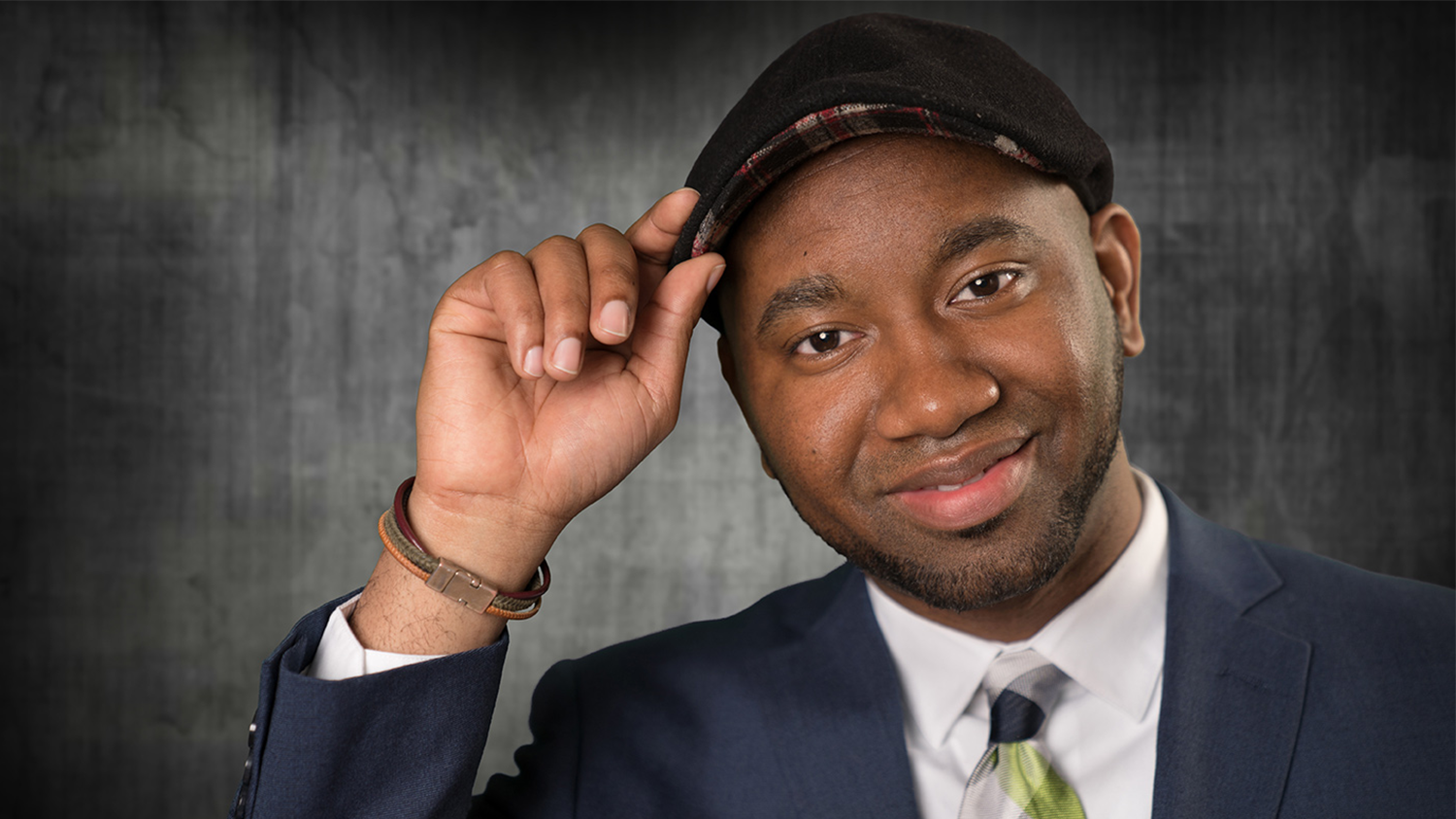Meet Terrell Robinson: ‘I Firmly Believe that all Students Can Achieve Success Given the Appropriate Tools and Support’

Why did you choose the NC State College of Education?
I chose the NC State College of Education because of its positive reputation in the state and across the country. I am excited to work with a highly regarded academic unit that exhibits excellence with caring.
[spotlight-box label=”” img=”” heading=”Terrell Robinson, Ph.D.” cta=”” url=””]
Title: Assistant Teaching Professor in Teacher Education and Learning Sciences
Education: Ph.D. in Educational Leadership from Florida A&M University; M.Ed. in Business Education from Florida A&M University, B.S. in Business Education from Florida A&M University
Experience: I have taught at the high school, community college and university levels. In addition to instructional duties, I have also served in an administrative capacity. At the secondary level, I have been an advisor to students and acting principal. At the post-secondary level, I have been director of faculty development, department chair, and associate dean of instruction.[/spotlight-box]
Why did you choose a career in education?
I chose a career in education because I like to learn, share and discover. Education has always been my safe space and I had many impressionable teachers growing up that encouraged me to be a teacher.
What drew you to your specific field?
I had the greatest business education teachers in middle school and high school. They were engaging with the class, made learning fun and introduced us to many extracurricular activities like Future Business Leaders of America (FBLA) and Distributive Education Clubs of America (DECA). My teachers were determined for us to know that Career and Technical Education (or vocational education) is not boring and can lead to fun and rewarding careers. It was this exposure and involvement that sealed the deal for me.
Why did you decide to pursue a Ph.D.?
I knew as a child that I’ve always wanted to be called “doctor.” As my love and passion grew in education, I decided on a Ph.D. in education. This not only is a personal achievement, but also opened many doors for employment, research, funding, promotions, collaborations, etc.
What are your research interests and what sparked your interest in that topic(s)?
My research interests include technology infusion in the classroom, methods of teaching business subjects, teacher attrition, diversity in education and education leadership. My interests in these areas stem from current and past experiences, observations, and inquiring of technology usage, instructional preparation prior to entering the classroom, teacher job satisfaction (K-12 and higher education), culturally responsive teaching and cultural capital, and management and leadership in education (both K-12 and higher education).
What is one research project or moment in your academic career that you are particularly proud of?
I am proud to have started (or rebooted) a mentoring program for Black males to increase collaboration, retention and graduation from college. Every institution where I have worked, I have focused a part of my time working with and mentoring Black men for support and guidance in navigating higher education and life. These mentoring programs have evolved into networking opportunities for a marginalized group of men to increase success in college and in life.
What is your teaching philosophy?
My teaching philosophy is simple. I firmly believe that all students can achieve success given the appropriate tools and support regardless of race, ethnicity, family background, disability, sexual identity or academic preparation. Learning should be fun, practical, structured and meaningful. We must equip, engage and empower our students to greatness.
What do you hope your students learn from you?
In addition to the requisite material to complete the course, I want my students to learn how to navigate, survive and thrive in education and in the workforce.
What do you think makes someone an “extraordinary educator?”
In the words of William Arthur Ward, “The mediocre teacher tells. The good teacher explains. The superior teacher demonstrates. The great teacher inspires.” The extraordinary educator will meet students where they are, share their love for lifelong learning, provide continual encouragement and support and inspire them to greatness.
- Categories:


